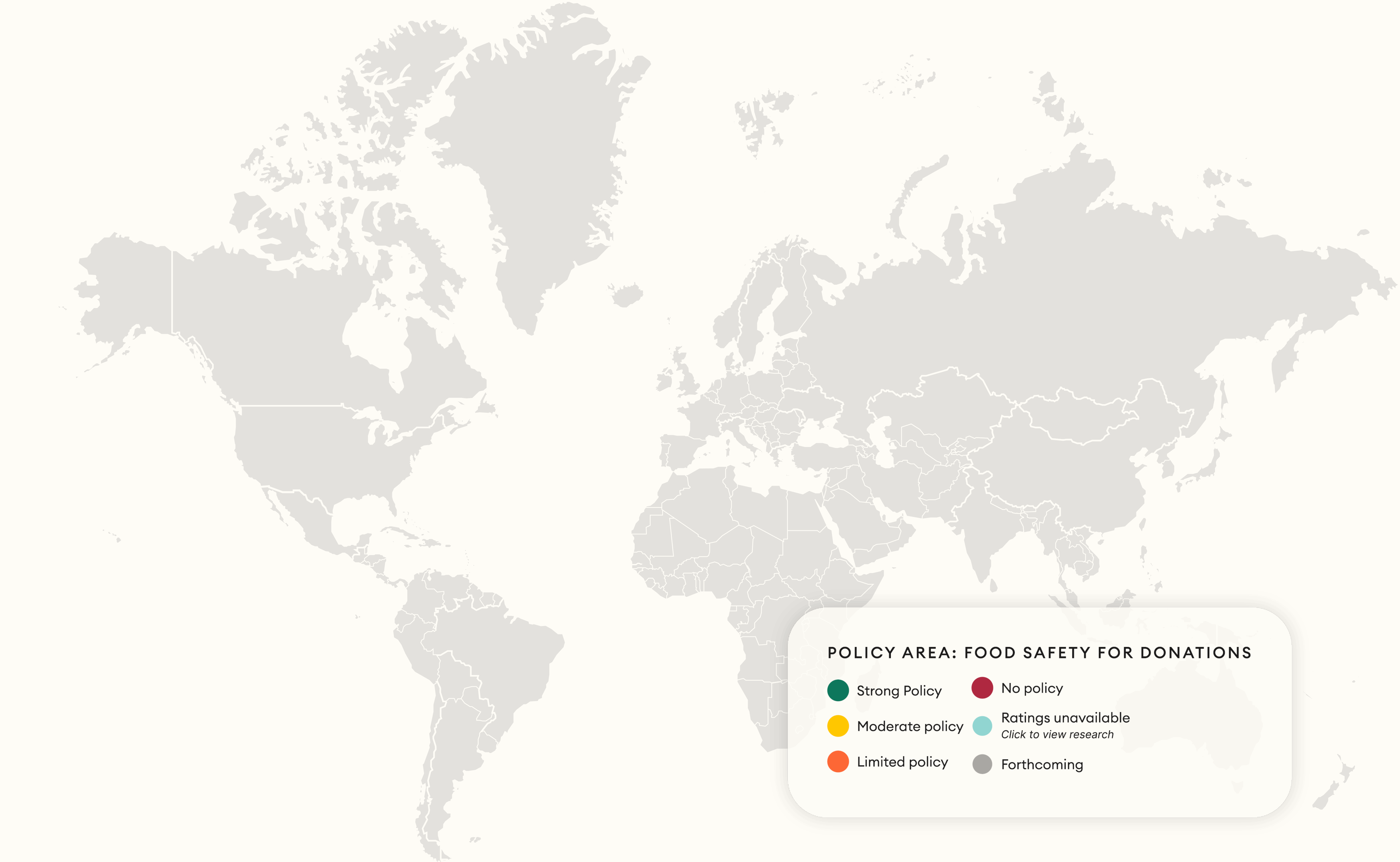China: Policy Highlights and Opportunities
Each year, approximately 27% of all food in China is either lost or wasted along the supply chain, making up approximately one-quarter of the world’s total food loss and waste. Reducing FLW is a priority in China. The recent Clean Plate Campaigns 1.0 and 2.0 focus on anti-food waste rhetoric in the culture of extravagant feasts and consumer-targeted media. The government also enacted the 2020 Anti-Food Waste Law, which launched initiatives to fight food waste.
Atlas Research: China
Policy Highlights
China research was published in March 2023.
Policy Opportunities and Recommendations





